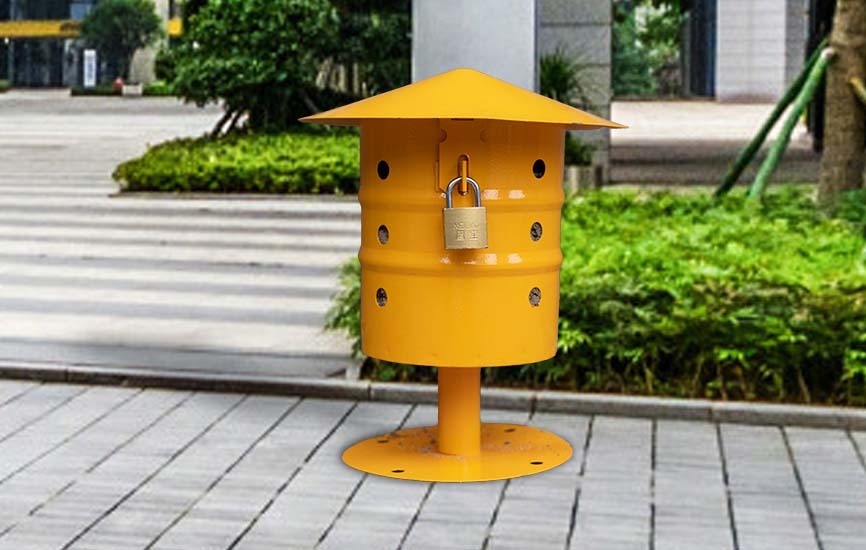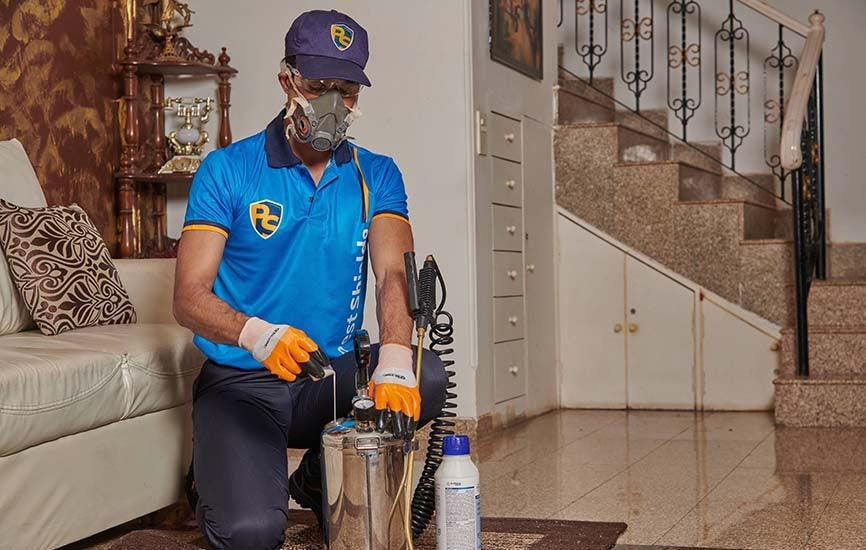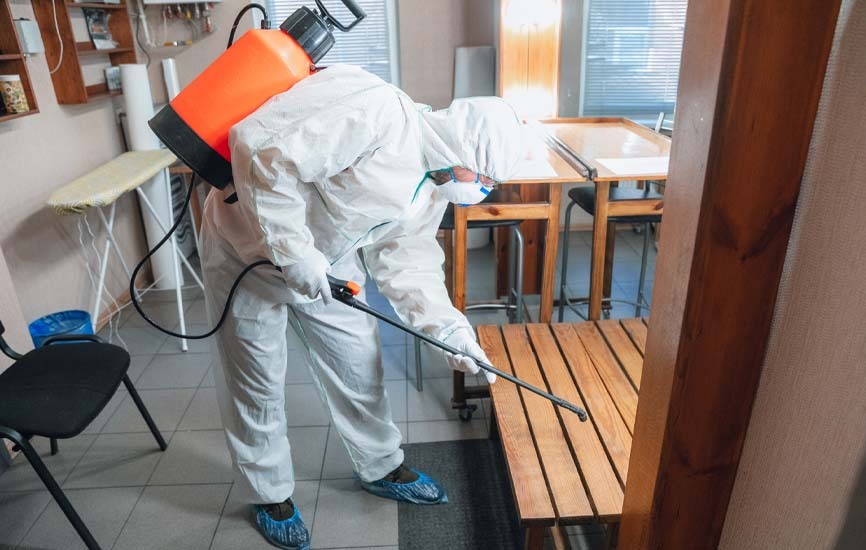When it comes to maintaining a healthy and safe living environment, pest control plays a critical role that often goes unnoticed. The presence of pests not only causes annoyance but also poses serious risks to public health and safety. Let’s delve into the significance of pest control in safeguarding our well-being and explore the various reasons why it should be given utmost attention.
Prevention of Disease Transmission
Pests like mosquitoes, rats, and cockroaches are notorious carriers of diseases. Mosquitoes, for instance, transmit deadly diseases like malaria, dengue fever, and Zika virus. Rats and mice can spread diseases through their droppings and urine, contaminating food and surfaces. Cockroaches can spread allergies, asthma, and can carry bacteria like E. coli and Salmonella. Effective pest control measures help minimize the risk of disease transmission by eradicating these disease-carrying pests from our surroundings.
Protection of Food and Property
Pests have a voracious appetite and can cause significant damage to our food supplies and property. Within homes and businesses, rodents can chew through electrical wires, causing fire hazards, while termites can silently destroy the structural integrity of buildings. By implementing pest control practices, we can safeguard our food sources, protect our belongings, and ensure the structural stability of our environment.
Allergies and Respiratory Health
For individuals who suffer from allergies or respiratory conditions, pests can exacerbate their symptoms and trigger serious health issues. Common allergens, one of them being cockroach droppings, can provoke allergic reactions, asthma attacks, and other respiratory ailments. Through regular pest control interventions, we can minimize exposure to these allergens and maintain a healthier indoor environment.
Preventing Contamination and Hygiene Issues
Pests, particularly rodents, can contaminate our surroundings with their droppings, urine, and parasites. This contamination poses a significant risk to our hygiene and well-being. In food establishments, pests can lead to food poisoning outbreaks and the spread of harmful bacteria. Effective pest control measures help maintain cleanliness, prevent contamination, and ensure that our environments meet the necessary health and safety standards.
Peace of Mind and Mental Well-being
Living in an environment infested with pests can be extremely distressing and detrimental to our mental well-being. The constant presence of pests can cause anxiety, stress, and sleep disturbances. By implementing pest control strategies, we create a sense of peace, security, and well-being, allowing individuals to focus on their daily activities without the constant worry of pests infiltrating their lives.
Conclusion
The importance of pest control for public health and safety cannot be overstated. From disease prevention and food protection to safeguarding our mental well-being, effective pest control measures play a vital role in maintaining a healthy and secure living environment. By prioritizing pest control, we can create healthier communities, reduce the risk of disease outbreaks, and provide a safer and more enjoyable place for everyone to thrive.
Remember, pest control is a collective responsibility, and it is essential to engage professionals, adopt preventive measures, and raise awareness about the significance of pest management. Let us join hands to protect our public health and safety by keeping pests at bay!






